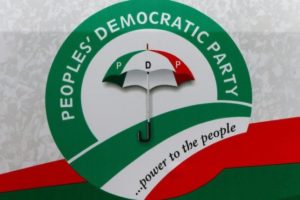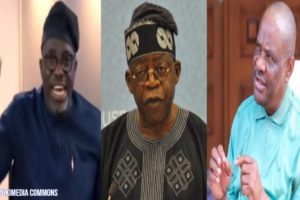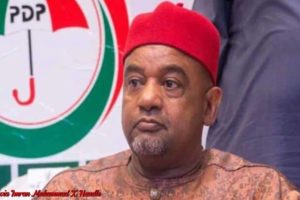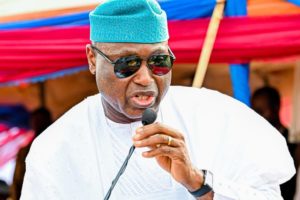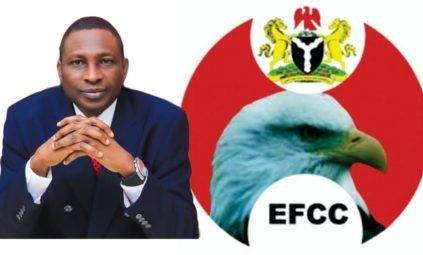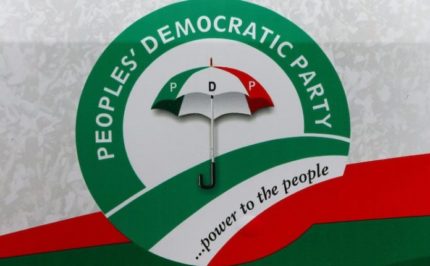In a bid to address recent controversies arising from the remarks made by the Executive Chairman of the Economic and Financial Crimes Commission (EFCC), Mr. Ola Olukoyede, the commission has released a comprehensive clarification. The chairman’s comments, made during a public engagement on Youth, Religion, and the Fight Against Corruption on January 31, 2024, targeted certain religious sect leaders allegedly involved in money laundering practices amounting to over N30 billion.
The Chairman’s revelation, which highlighted a pyramid scheme leading to the death and collapse of victims, disclosed a substantial sum of N7 billion traced to a specific religious body. However, it is essential to note that Mr. Olukoyede did not specify a church, mosque, or any particular religious entity in his statements. The groups identified by the EFCC chair are referred to as religious sects, not singular religious institutions.
In response to the Chairman’s allegations, a restraining order was obtained, hindering the EFCC from recovering the funds tied to the religious sect. Despite the lack of specific names mentioned, some media outlets, notably Arise News, have misinterpreted and twisted the comments, creating misleading narratives. The EFCC emphasizes that the chairman remains unwaveringly committed to combating economic and financial crimes, ensuring justice is served, and urges the public to disregard any mischievous interpretations.
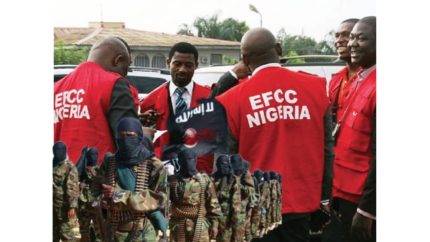
Challenges Faced by the EFCC in Money Laundering Cases Involving Religious Sects
The EFCC chairman’s revelations shed light on the complex challenges faced by the commission in investigating and combating money laundering involving religious sects in Nigeria. The disclosure of a pyramid scheme siphoning N30 billion, with a substantial portion linked to a religious body, underscores the intricate nature of financial crimes within religious organizations.
The chairman’s mention of a previous investigation during his tenure as Chief of Staff further emphasizes the persistent issue of money laundering for terrorists by a specific religious sect. These instances highlight the multifaceted challenges faced by law enforcement agencies in tackling financial crimes that transcend traditional boundaries.
Despite the alarming nature of these revelations, it is crucial to recognize that the EFCC’s focus remains resolute in addressing economic and financial crimes across various sectors. The commission is determined to navigate these intricate cases and uphold justice, emphasizing that the comments made by the chairman were not intended to target specific religious institutions but rather to address the broader issue of money laundering within certain religious sects.
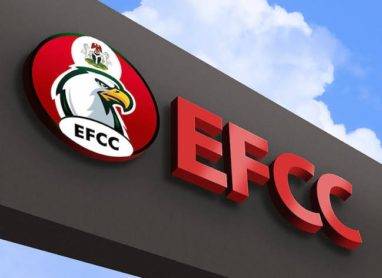
Misleading Narratives Threaten EFCC’s Anti-Corruption Drive
In recent times, there has been a concerning surge in deceptive narratives aimed at undermining the crucial work of the Economic and Financial Crimes Commission (EFCC) in Nigeria. The mischievous makers behind these efforts seem determined to adulterate the agency’s reputation through press propaganda, with the potential consequence of damaging the EFCC’s effectiveness in tackling corruption. The latest incident involves a twisted representation of the position of Economic and Financial Crimes Commission Chairman, Mr. Ola Olukoyode, regarding certain religious sects allegedly involved in money laundering for terrorists.
This misleading narrative deliberately avoids specifying any particular religious organization, creating a dangerous atmosphere of mistrust between the Economic and Financial Crimes Commission and religious groups in Nigeria. Such tactics not only jeopardize the collaborative efforts needed to combat corruption but also pose a significant threat to the morale of those within the Economic and Financial Crimes Commission. It is essential for all stakeholders, including the government and citizens, to recognize the importance of a united front in the fight against corruption. Rather than succumb to divisive narratives, a collective perspective is crucial to restoring Nigeria to the path of genuine development and prosperity.
Supporting EFCC’s Mission for a Corruption-Free Nigeria
Despite the challenges posed by misleading narratives, it is paramount to acknowledge the commendable efforts of the Economic and Financial Crimes Commission in combating corruption within Nigeria. The agency has achieved significant milestones in the relentless pursuit of accountability and justice. Now more than ever, it is imperative for the government and the people to rally behind the EFCC, providing unwavering support to ensure optimum results in the ongoing fight against corruption. Recognizing this battle as a collective effort will not only fortify the EFCC’s position but also strengthen the resolve of all Nigerians to build a corruption-free nation, fostering genuine development and prosperity for every citizen.
Table of Contents
Discover more from OGM News NG
Subscribe to get the latest posts sent to your email.





